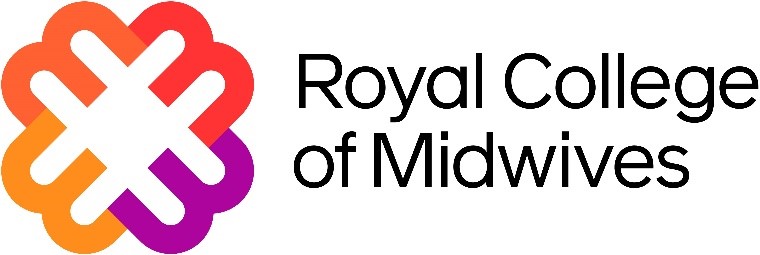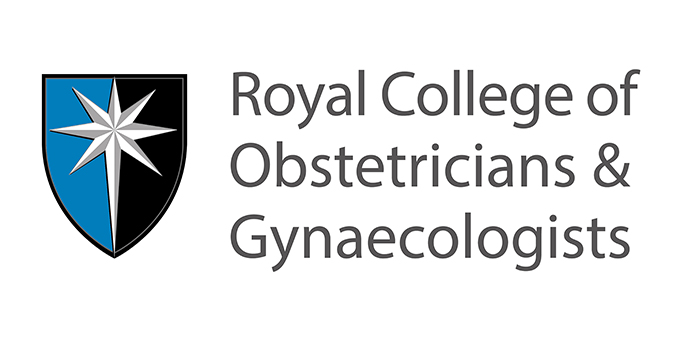This information will help you take the first steps in conducting a literature search. It includes links to many useful resources and guidance on how to get the most out of them.
Please note that a few of the links on this page are to pages restricted to RCOG Fellows, Members and registered Trainees. Please sign in to ensure you can access all the material available to you.
Defining your question
All searches should begin with a structured or clinical question. For help with asking focused questions, please visit the Centre of Evidence Based Medicine (CEBM) website.
Choosing suitable resources
Your choice of information resource will depend on your reason for searching and the kind of question you’re trying to answer.
To identify research topics, consider:
- The research recommendations in RCOG Green-top Guidelines
- Implications for research in the conclusions of systematic reviews, details of completed trials in the CENTRAL database or protocols for forthcoming systematic reviews in the Cochrane Library
- PROSPERO: international prospective register of systematic reviews
- Registers of current trials
- Lists of projects already funded by bodies such as Wellbeing of Women and the Wellcome Trust
For background information, consider:
- Online library catalogues from your university, health library, Wellcome Library or British Library
- Medline for articles on epidemiology or recent review articles
- Statistical resources
- The RCGP's Women's Health Library
For a systematic or literature review, consider:
- Databases such as those listed below
- EThOS – the British Library’s electronic thesis database
- Hand searching, i.e. following up on reference lists and conference abstracts
Useful resources
All the resources below are available on the internet. Internet for Medicine is a free tutorial that might be a useful introductory resource.
Remember to assess any website you find carefully. Certification schemes such as the Information Standard for health and care information for the public, and the Health on the Net Foundation code of conduct help identify reliable sources of information.
General search engines
When used appropriately, these can be a shortcut to detailed, reliable information. Some examples are:
- Google: improve your search with tips from the help pages
- Bing: improve your search with tips from the help pages
- Yahoo: improve your search with tips from the help pages
Medical search engines, gateways and portals
Use these to go quickly to reliable sources of medical information. They include a much smaller number of resources, but each resource has been carefully chosen for its relevance:
- TRIP
- Evidence Search: Health and Social Care
- Geneva Foundation for Medical Education and Research (GFMER) – see in particular the databases and links section for access to databases, full text journals, guidelines and images
Guidelines
Guidelines can be found through many of the sites listed above, such as TRIP and GFMER, as well as:
- On organisations’ websites, such as the National Institute for Health and Care Excellence (NICE)
- In databases such as Medline, if published as journal articles (e.g. the American College of Obstetrics and Gynecologists Committee Opinions)
- National Guideline Clearinghouse, which despite the name includes international sources
Ongoing clinical trials
Most databases concentrate on published literature, but some resources can help to identify work that is still ongoing:
- ClinicalTrials.gov
- ISRCTN registry
- UK Clinical Research Network Study Portfolio
- MRC Clinical Trials Unit
Statistics
The RCOG has brought together links to a range of O&G-related statistical resources.
Medline and bibliographic databases
Traditional bibliographic resources still provide the most effective means of finding medical literature. Widely available biomedical databases relevant to O&G are listed here, with availability through the RCOG website to RCOG Fellows, Members and registered Trainees indicated by an asterisk (*).
Other links in this list provide brief descriptions of the content of the database, but don’t allow you to search the databases. Contact your university, health library or professional library, or NHS users can register to access these databases. The Wellcome Library and British Library provide access to some databases to members of the public, free on registration.
- Medline/Pubmed*
- Embase
- PsycINFO (behavioral sciences and mental health)
- CINAHL (nursing and allied health)
- British Nursing Index
- Health Management Information Consortium (HMIC)
- Maternity & Infant Care*
For an ongoing research project, you can store a search and automatically receive details of new articles that match your search terms. Find out how to set up this type of service.
Recording your search activity and results
As you undertake your research, you’ll need to record and organise details of the publications you find. You should also record details of which databases you have searched and when, alongside details of your search strategies. This will allow you to update a search without having to repeat it in its entirety. Lots of IT systems are available to help you manage information, for example:
Standard reference formats
When writing up your research for publication, refer to information about standard reference styles (Vancouver, Harvard, etc.) in guides such as the BMA Library Factsheet.
The Mulford Health Science Library at the University of Toledo has collected links to websites with instructions to authors for over 6000 journals in the health and life sciences. All links are to primary sources – that is, to publishers and organisations with editorial responsibilities for the titles.
Using information ethically and legally (copyright)
Copyright applies to all forms of intellectual output: books, journals, photographs, films, musical works, computer programmes, databases and so on.
Various licences exist to facilitate corporate or educational re-use of copyright material. For example, a university may hold a licence to enable the creation of repositories of key texts for online learning. However, before you reproduce another person’s material, whether for an educational presentation or for publication, be sure that you have a legitimate right to do so.
On occasion, a copyright holder may use a copyright statement or something similar to explain how and when a work may be reproduced. Other copyright holders (for example Wellcome Images) make their work available for personal, academic teaching or study. Creative Commons licences are also becoming a popular way of supporting the legal re-use of material.
Contact us
If you have any questions, or need more information, please email the RCOG Library team at library@rcog.org.uk.
Elsewhere on the site
Find out how the College supports and promotes academic work within O&G
Published audits and research from the RCOG’s Office for Research and Clinical Audit (ORCA)


